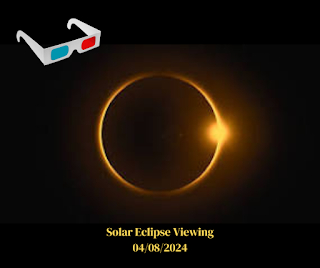It is possible to permanently change the color of your eyes. This can be done by adding or removing pigment, or by replacing the entire iris. It is important to note that eye color change surgery is typically an elective procedure, as the color of the iris does not affect one's vision. It is worth mentioning that the Food and Drug Administration has not yet approved any eye color procedure for cosmetic purposes.
Medical professionals are warning the public about a concerning trend on social media. Misleading information about eye color surgery is being spread online, promoting two types of surgery that are not advisable. The first type of surgery, Iris Implant Surgery is the more invasive of the two types, which involves the inserting of a prosthetic iris to cover the natural iris. An eye surgeon cuts open the cornea (the clear layer in front of your iris) and inserts a colored silicone implant. The second type is laser surgery, also known as Keratopigmentation. This involves using a needle or a laser to create a channel in the cornea itself, into which a color pigment is injected, permanently changing the cornea from clear to opaque and covering over the natural iris color inside also called “tattooing.”
Both carry serious risks for vision loss and complications. Social media only shows the positive aspects of the results of the procedures and having it done. Potential complications of cosmetic iris implant surgery include:
- Reduced vision or blindness
- Light sensitivity
- Increased pressure inside the eye can lead to a potentially blinding disease, glaucoma.
- Cataract, or clouding of the eye's naturally clear lens.
- Injury to the cornea, the clear outer area of the eye that focuses light and makes vision possible. If severe enough, a corneal transplant may be needed.
- The iris can become inflamed leading to pain, blurred vision, and tearing.
Risks with Keratopigmentation include:
- Damage to the cornea can lead to cloudiness, warping, fluid leakage, and vision loss.
- Light sensitivity
- Reactions to the dye, which the eye can become inflamed, uveitis, or blood vessel growing into the cornea.
- Bacterial or fungal infections, which can result in corneal scarring and vision loss.
- Uneven distribution of the dye.
- Leakage of the dye into the eye.
- The dye moving or leaking into the eye causing the color to fade.
The use of prescription colored contact lenses is a safer non-permanent option. Like all contacts these lenses should only be worn as prescribed, dispensed, and fitted by a qualified optometrist.
Sources:
www.scrippsnews.com
www.verywellhealth.com
www.aao.org
www.webmd.com
#PearleVisionRobinson
#DrClaudiaWendel
#PittsburghOptometrist
#PittsburghEyeCare







